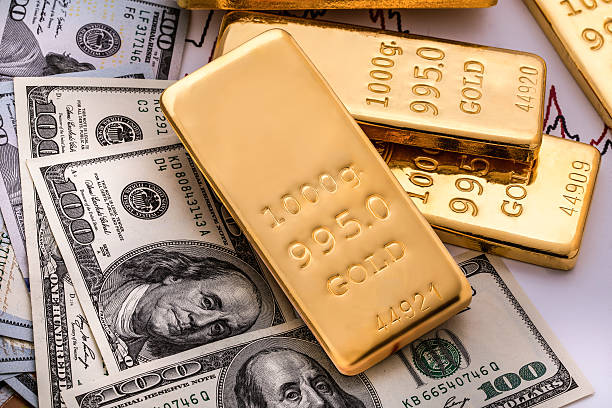Gold has been a highly sought-after precious metal for centuries, known for its beauty and value. As a gold seller in Boston, it’s important to understand the various factors that determine the price of gold. By staying informed and working with reputable gold buyers, sellers can navigate the market confidently and secure the best possible price for their gold assets This knowledge will empower you to make informed decisions when selling your gold and ensure that you get the best possible price for your valuable assets.
The Role of Supply and Demand
One of the primary factors that determine the price of gold in Boston is the interplay between supply and demand. The global demand for gold is influenced by various factors, including economic conditions, investor sentiment, and geopolitical events. When demand exceeds supply, the price of gold tends to rise, and vice versa.
For instance, during times of economic uncertainty or political instability, investors often turn to gold as a safe haven asset, driving up its demand and subsequently its price. Conversely, when the economy is thriving and investors have confidence in other investment options, the demand for gold may decrease, leading to a decline in its price.
The Influence of Central Banks
Another significant factor that affects the price of gold is the actions of central banks. Central banks, such as the Federal Reserve in the United States, hold significant gold reserves and can influence the market by buying or selling gold.
When central banks buy gold, it indicates confidence in the metal as a store of value, leading to an increase in demand and subsequently higher prices. On the other hand, when central banks sell gold, it can put downward pressure on prices as the increased supply enters the market.
Inflation and Currency Fluctuations
Inflation and currency fluctuations play a crucial role in determining the price of gold. Gold is often seen as a hedge against inflation, as its value tends to rise during periods of high inflation. When the purchasing power of fiat currencies decreases, investors turn to gold to preserve their wealth, driving up demand and prices.
Moreover, currency fluctuations can directly impact the price of gold. As gold is priced in U.S. dollars in international markets, changes in the value of the dollar can have a significant effect on gold prices. If the dollar weakens against other major currencies, the price of gold typically rises, as it becomes relatively cheaper for investors holding other currencies.
Global Economic Conditions
The state of the global economy plays a vital role in determining the price of gold. During economic downturns or recessions, investors often flock to gold as a safe haven investment. This increased demand can drive up prices, even if other factors are not necessarily pushing them higher.
Similarly, economic indicators such as GDP growth, unemployment rates, and consumer confidence can influence the price of gold. Positive economic data may lead to decreased demand for gold, causing its price to fall. Conversely, negative economic indicators can increase demand for gold, boosting its price.
Jewelry and Industrial Demand
Apart from its value as an investment, gold is also widely used in the jewelry and industrial sectors. Jewelry demand accounts for a significant portion of the total gold demand globally. Cultural traditions, celebrations, and personal adornment all contribute to the demand for gold jewelry.
Industrial demand for gold arises from its unique properties, such as high conductivity and resistance to corrosion. Gold is used in various industries, including electronics, dentistry, and aerospace. Changes in jewelry and industrial demand can impact the overall demand-supply dynamics of the gold market and consequently influence its price.
The Role of Speculation and Market Sentiment
Speculation and market sentiment can have a short-term impact on the price of gold. Investors and traders closely monitor market trends, news, and other indicators to make trading decisions. Positive sentiment can drive up demand for gold, while negative sentiment can lead to a decline in prices.
Speculators, who aim to profit from short-term price movements, can also influence gold prices. Their trading activities, based on predictions and market analysis, can create price volatility in the short term.
Understanding the factors that determine the price of gold in Boston is essential for any gold seller. By considering the interplay between supply and demand, the influence of central banks, inflation, global economic conditions, jewelry and industrial demand, as well as speculation and market sentiment, sellers can make more informed decisions about when to sell their gold and maximize their returns.
Remember, the price of gold can be influenced by a myriad of factors, and it’s important to stay updated with the latest news and trends in the gold market. So, what determines the price of gold in Boston? A complex mix of economic, geopolitical, and market factors that constantly shape the value of this precious metal.


